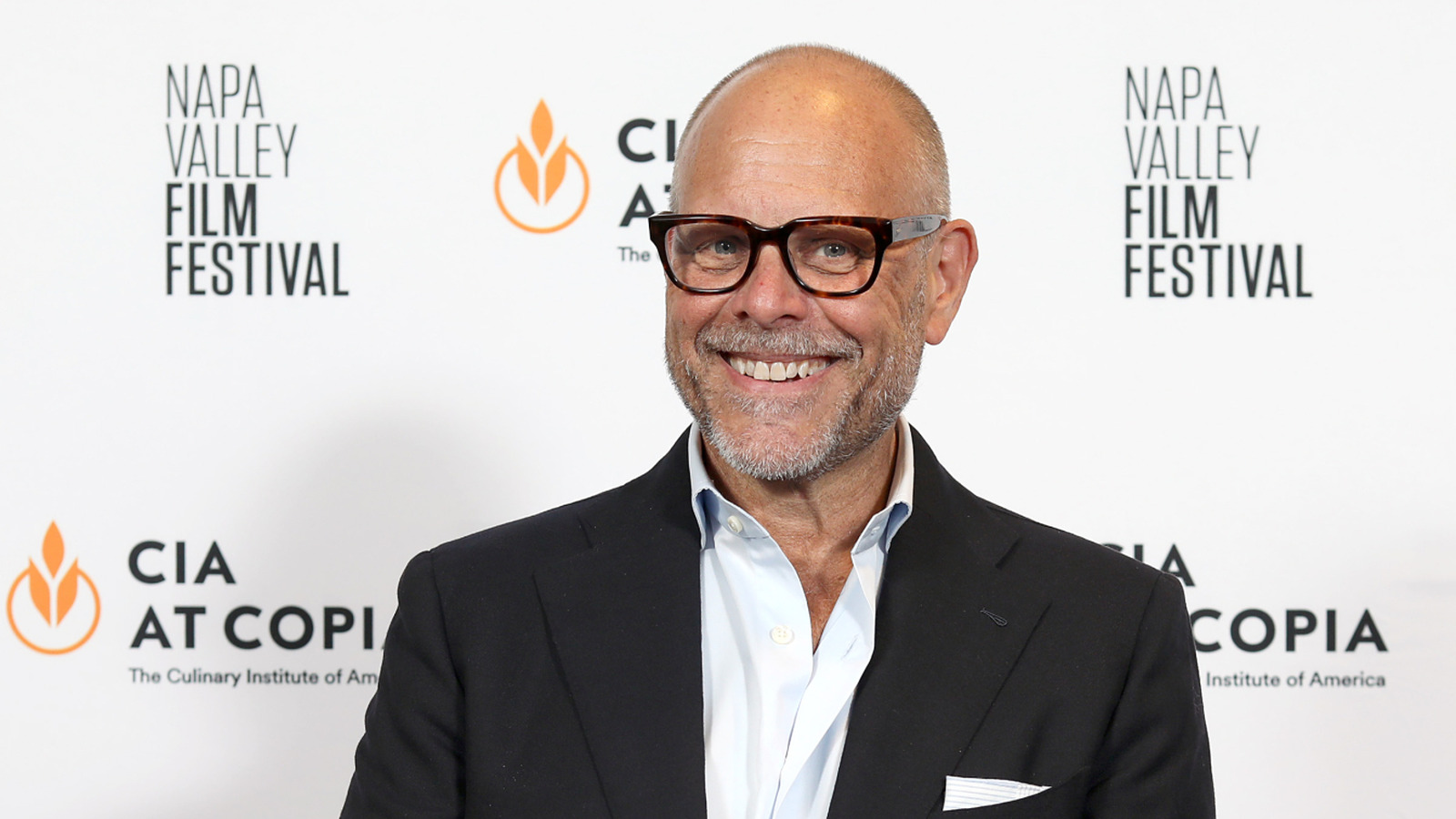 illustration by Jess Hannigan
illustration by Jess Hannigan
Her chronological age is 66 but her subjective age is 40. The woman I’ll call Ana did not become fully aware of this disconnect until she went for her Covid-19 vaccination a couple of years ago. As she stood in line, surrounded by her contemporaries, she looked around and thought: Are they really my age? Later, amused and slightly worried, she discussed it with her friends. Almost all of them said the same thing had happened to them. According to a 2006 Danish study published in the Psychonomic Bulletin & Review, people over age 40 perceive themselves to be, on average, 20 per cent younger than what their ID indicates. Having a younger subjective age begins at age 25—before then, most people tend to feel older than they are. Why do some of us feel that the number of candles on our birthday cake can’t be right? Psychologists and scientists have been studying this phenomenon since the 1970s. Some wonder about the cultural factors that push us to look younger. A 1989 study by the American Psychological Association concluded that subjective age identities are “a form of defensive denial by which adults can disassociate themselves from the stigma attached to growing old.” Belén Alfonso (chronological age 35, subjective age 30) agrees. “We internalize negative stereotypes about old age, so we resist identifying ourselves with being an older person,” says the psychologist who specializes in gender studies. Alfonso explains that these ageist attitudes especially persecute women, who are the target of advertising that associates being active and attractive with being young. “In contrast, old age is associated with being unproductive, ill and dependent,” she says. Alfonso doesn’t believe that a mature person should be blamed for perceiving themselves, or presenting themselves to others, as younger, but she argues that we need to understand the social context that pushes them to do so. “Having a subjective age of 20 when we are 65, for example, suggests that we see ourselves as energetic, strong, attractive. But why can’t we associate those qualities with being 65?” Take Madonna. The singer, who is 65, has long been criticized for how she presents herself: a woman confident in herself and her sexuality. Surrounded by people who could be her children, Madonna twerks, smokes cannabis, shows off her vibrators and joins viral trends on TikTok. Judging by the comments on social media, many people see this as a big problem—they believe that a woman in her 60s should cover herself up and not attract attention. In a statement posted on Instagram earlier this year, the singer responded to the haters: “Once again I am caught in the glare of the ageism and misogyny that permeate the world we live in. A world that refuses to celebrate women past the age of 45 and feels the need to punish her if she continues to be strong-willed, hardworking and adventurous. I have never apologized for any of the creative choices I have made, nor the way that I look or dress, and I’m not going to start.” For Belén Alfonso, Madonna “shows us that physical activity, eroticism and trending on social media are not exclusive to a specific age.” But the problem is that in the music industry, pop divas are supposed to be young; mature women often feel pressured into getting cosmetic surgery and using Photoshop to fit into a single mould. Nor has age constrained Paddy Jones of the United Kingdom. Her place was on the dance floor—and in the Guinness Book of World Records as the oldest acrobatic salsa dancer in the world. Well into her 80s, she danced salsa with an agility and fearlessness that many would want for themselves at 40. (“I don’t plead my age, because I don’t feel 80, or act it,” she once said in an interview.) Her videos, which are hypnotic, tender and slightly terrifying, have accumulated millions of views. A dancer as a young woman, Jones gave it up to have a family. But her fame came much later: In 2009, at age 75, she entered the Spanish TV dance competition Tú sí que vales (You Are Worth It) with “Nico” Espinosa, 40 years her junior—and won. Her story went viral, and she danced on shows in the UK (she and Espinosa made the finals of Britain’s Got Talent), Germany, Chile and Italy. In interviews she encouraged women to throw down their walking stick and go after their dreams in defiance of ageist stereotypes. She has squeezed the juice out of each year, competing until 2021, when she performed on Spain’s Got Talent; she and Nico made it through the first round. Now 88 years old, she no longer competes. Subjective age can help improve quality of life, but in the end, real age imposes itself. Chronological age cannot be modified, “but lifestyle and behaviour can influence subjective age,” says Bruno Arpino, a sociologist at the University of Padua in Italy who coordinated a European study looking at the quality of life of elderly people. Arpino is 43 and prefers not to say how young he is in subjective years. (“I study the subject, so my answer would be biased.”) He says there are positives for people who perceive themselves as younger than their real age. “They tend to be healthier, happier with their lives,” Arpino says, “and they live longer.” But he cautions that it’s not known to what extent these positives are a cause or an effect. “The phenomenon occurs mostly among people who are active for their age,” he points out. Other factors that lead to us perceiving ourselves as younger are being sociable, cultivating hobbies or having intergenerational relationships. All the studies and theories seem to boil down to a rather simple idea: In adulthood, it’s hard to find our place. At the high-school reunion, we may feel we are the best-preserved of our fellow alumni. That’s okay, but it’s not real; it may be a disappointment to realize you look just as old as everyone else your age. At the end of the day, seeing yourself as younger can be good for your physical and mental health. So be defiant, like Madonna, or a dancer, like Paddy Jones. Forever young, to the end. © 2023 from La Edad Subjetiva: El Misterio por el que una Persona se Siente Más Joven de lo que es by Enrique Alpañés, El Pais (14 March 2023) elpais.com

 1 year ago
44
1 year ago
44











 English (US) ·
English (US) ·